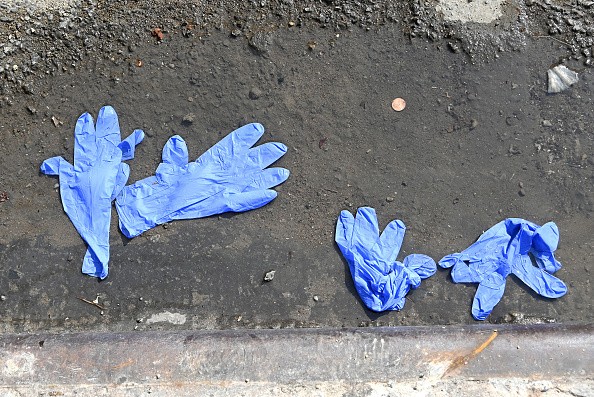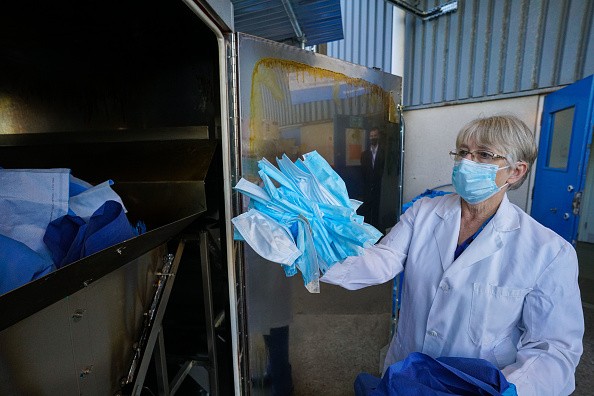It all began when a small group of trash scientists discovered a perch in the trenches of Leiden that had become tangled in a latex glove. This was the first Dutch casualty of corona waste, they have since then been trying to get an image of the effects of corona waste mountain on animals.
Leiden University - Liselotte Rambonnet and Naturalis Biodiversity Center Biologists Auke-Florian Hiemstra began a pursuit to deduce how often and where contact between animals and corona waste occur.

Disturbing Observations in Different Countries
They compiled statements from Local newspapers, social media and, international news websites, from Brazil to Malaysia. Birds in Canada, crabs, seagulls, bats, a fox in the United Kingdom - It happens that all kinds of creatures, everywhere, become caught up in face masks
They discovered records about a penguin with a face mask in its stomach and apes munching on face masks. Also, pets, particularly dogs, were observed swallowing face masks. Animals become very weak due to getting caught up or famished because of the plastic in their stomach. They stressed the fact that the variety of animal impact by COVID-19 waste is significant.
Invertebrates and vertebrates in seawater, freshwater, and on land become caught up or hooked in corona waste, explained Auke-Florian in their summary article in the Animal Biology journal, they also state that several animals used the waste as nest gear. For instance, coots in Dutch canals use face masks and gloves as nest gear.
Signs of Coronavirus in Animal Behaviors
Auke-Florian explained that the collection from paper handkerchiefs is seen in nests too. They even notice the signs of coronavirus in animal behaviors.
The researchers from Leiden were able to produce their summary thanks to the statements of trash collectors, wildlife rescue centers, photographers, and veterinarians who conveyed what they observed through traditional media and social media.
Impacts of the Disposable Products
They can know more about the impact of this level of disposable properties on wildlife, they asked individuals to continue sharing what they noticed so that they can sustain an up-to-date summary.
The coronavirus strain highlights that they existed in a worldwide population. From one town, it can dissipate to 188 countries across the globe and by September 18, 2020, it must have infected 30 million lives. Year of forming pandemics indicated possible effects, but coronavirus influenced on the food supply link and precisely peoples production was not anticipated.

Cases Among Workers
Groups of cases among workers in meat processing plants grew rapidly to involve environmental welfare, human and animal in some countries. The hygiene priority is food safety and product quality in processing plants.
Because of their closeness to one another, coronavirus spread quickly between workers, and the absence of health insurance and sick leave possibly resulted in workers going on to work when infected. In the United States, several processing plants closed down when they noticed key outbreaks, piling pressure, particularly on poultry and pig industries.
Related Article : COVID-19 Waste Pollution on Beaches and in Oceans Extremely Alarming
For more news, updates about corona viruses and similar topics don't forget to follow Nature World News!
© 2025 NatureWorldNews.com All rights reserved. Do not reproduce without permission.





